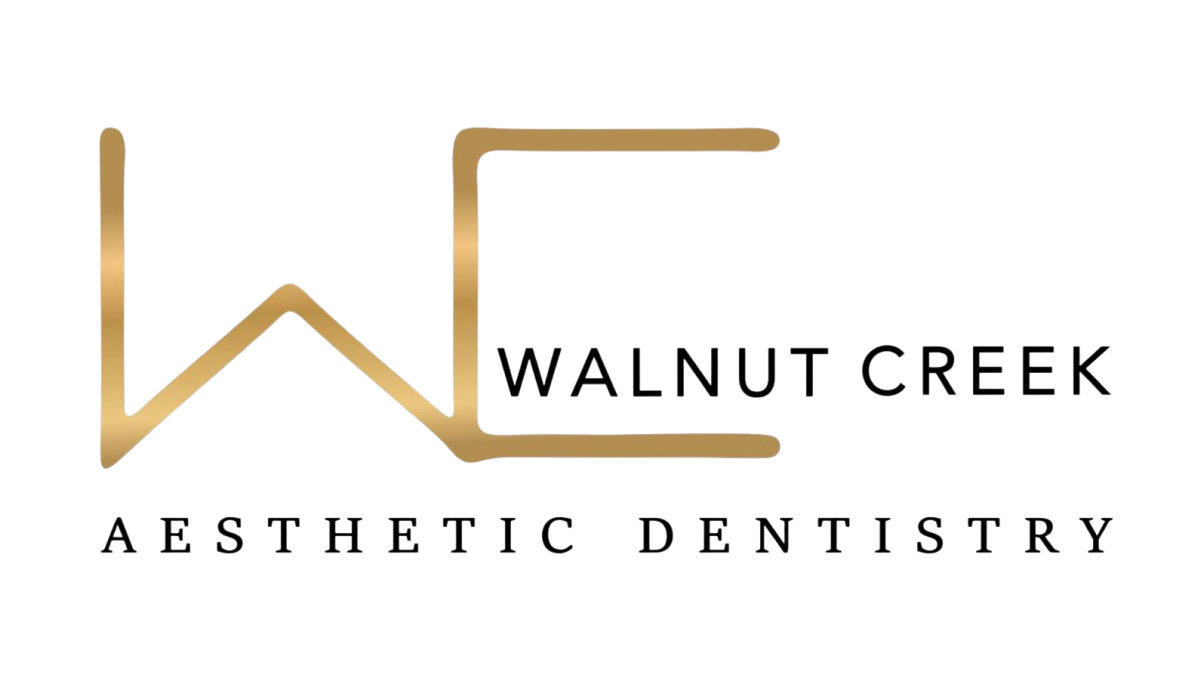
Tooth decay doesn’t occur overnight, but it can catch up with you sooner than you realize. Cavities are one of the most prevalent oral health issues, but many people are unaware of the daily habits that cause them. The good news is that once you know what causes tooth decay, you can prevent it in its tracks. Let’s address the four biggest causes of tooth decay.
What Are the Top 4 Causes Of Tooth Decay?
1. Bad Oral Hygiene Habits
Skipping your nightly brush or rushing through your morning routine may seem harmless, but it gives bacteria the green light to wreak havoc. Over time, plaque builds up, turns into tartar, and eats away at your enamel, leading to decay.
Here’s what poor hygiene really does:
- Leaves behind food particles that feed bacteria
- Allows plaque to harden, making it harder to remove
- Weakens enamel and increases the risk of cavities
Despite routine brushing, the method and routine make a difference. Flossing once daily and having a general dentist in Walnut Creek do twice-a-year cleanings can prevent cavities.
2. Diet With Excess Sugar and Acid
Your sweet tooth could be undermining your smile. Sugar feeds the bacteria in your mouth, which create acid that weakens and degrades enamel. Acidic foods and beverages—such as soda, citrus fruits, and vinegar—enhance the problem by actually wearing away enamel.
Be aware of:
- Constant snacking on candy, baked goods, or potato chips
- Drinking sweetened beverages throughout the day
- Not rinsing and not brushing after eating acidic foods
Rather than this, work toward well-balanced meals, have water with snacks, and suck on sugar-free gum to aid in eliminating debris and pH neutralizing.
3. Deep Pits and Grooves on Teeth
Some teeth are harder to clean than others—molars with deep grooves come to mind. Those little crevices readily collect food and bacteria and become targets of choice for decay.
Why they’re risky:
- Bristles of a toothbrush may not make it into deep pits
- Bacteria can harbor in unseen crevices
- Even with good brushing habits, it might not be enough
For children (and adults) with especially deep grooves, sealants can provide extra protection by filling in these at-risk surfaces.
4. Dry Mouth (Decreased Saliva Flow)
You may not give much thought to your saliva, but it plays a critical role in your dental health. Saliva washes away food particles, neutralizes acids, and keeps your mouth in balance. Without saliva, your teeth are more susceptible to decay.
Dry mouth may result from:
- Some drugs, such as antihistamines and antidepressants
- Medical conditions such as diabetes
- Dehydration or prolonged mouth breathing
If your mouth is frequently dry, increase your water intake, eliminate caffeine and alcohol, and consult your dentist about saliva substitutes or sugar-free lozenges.
Tooth decay may be prevalent, but it’s not inevitable. With a few careful adjustments and good dental habits, you can safeguard your teeth for years. Pay attention to your daily routines, take charge of what you consume, and don’t wait until something hurts.
Do you need help staying one step ahead of cavities? Make an appointment today, and let us help you keep your smile healthy and strong.


